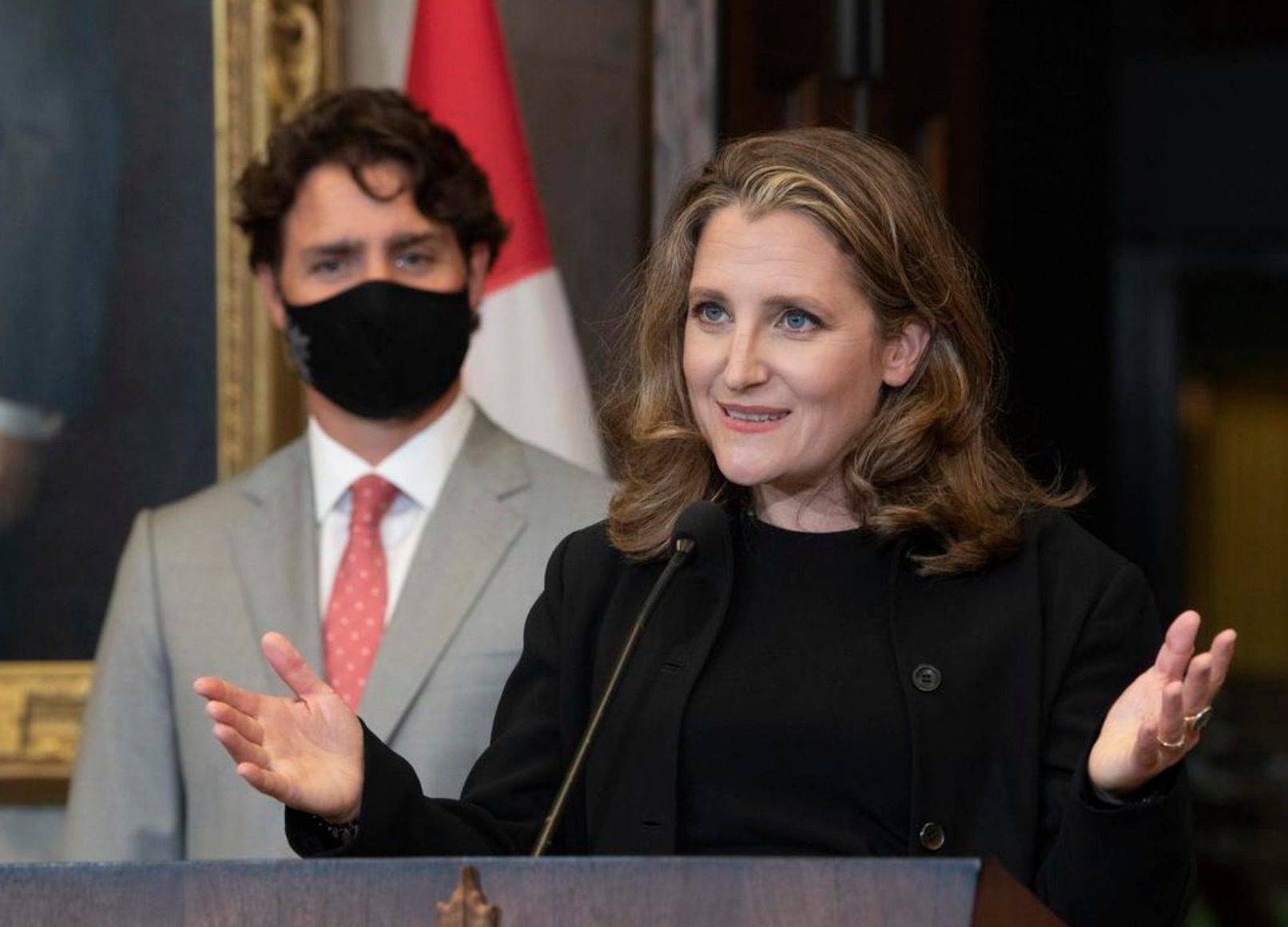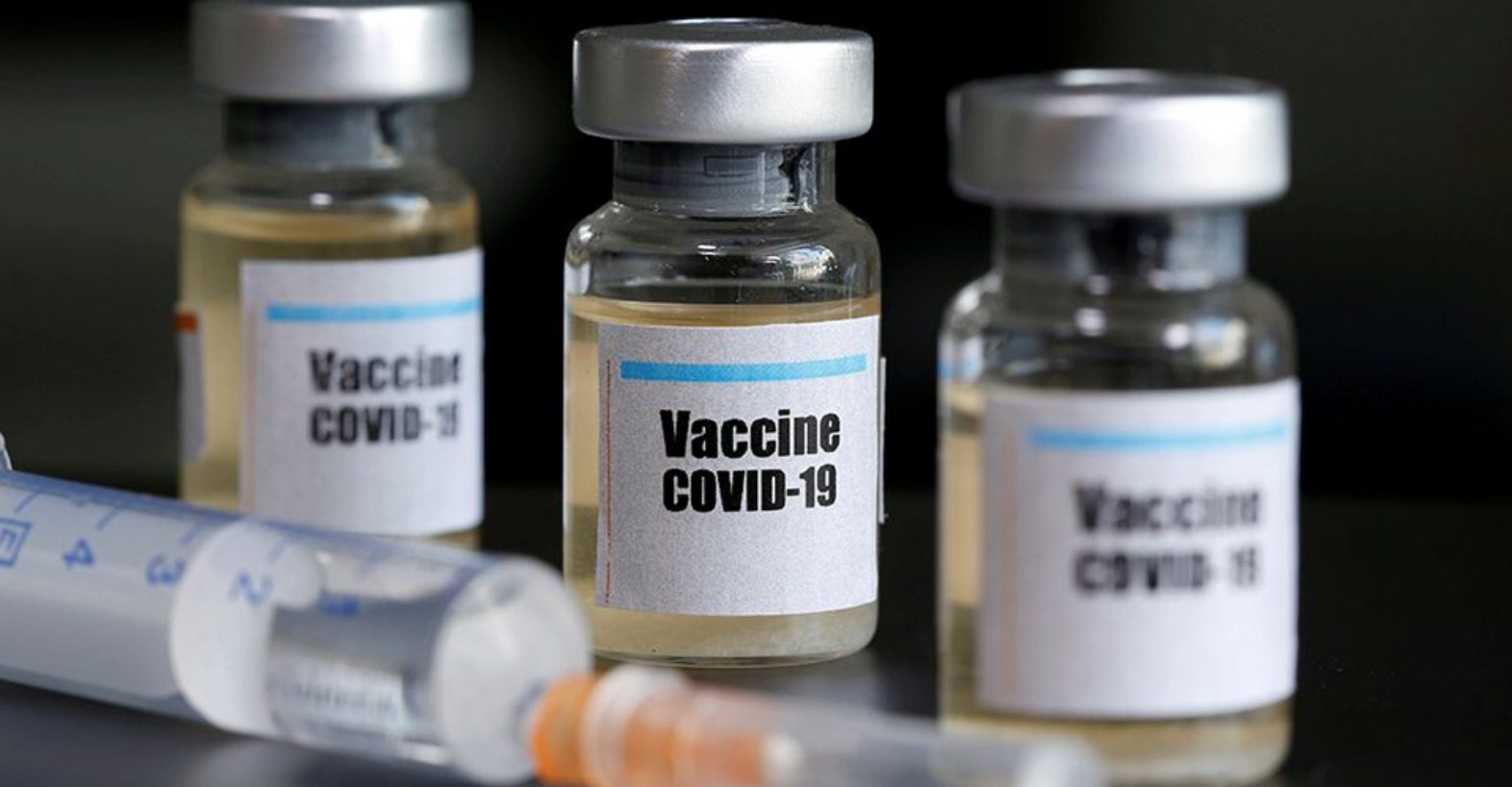From introducing legislation to increase the federal minimum wage, to earmarking funds to improve standards in long-term care, all while defying the deficit doomsayers, the grits have presented a budget that makes meaningful progress on several key files.
The most significant component of the budget (and arguably the most transformational one) is Finance Minister Chrystia Freeland’s allocation of $30 billion for the implementation of a national child-care program.
Though details remain, and with unavoidable federal-provincial hand-wrangling set to ensue, Freeland’s substantial investment into child-care is nonetheless an immensely positive development; one that if properly executed, will strengthen Canada’s frayed social safety net.
When viewed in its entirety, the government’s 2021 financial plan is undoubtedly a far more activist budget than we are used to seeing from the Trudeau Liberals. Or from any other federal government for that matter, going back at least 40 years.
However, as resolute as Freeland and Prime Minister Trudeau have been on (finally) forging ahead on child-care, all while continuing to run deficits in spite of the habitual warnings from neo-con naysayers, they have been equally as gutless in challenging the super-rich.
In her budget, Freeland introduced only three new taxes measures (as far as I could read, at 739 pages, the budget was unnecessarily long and could have really used an edit) that the Liberals would be using to help raise revenue and level the economic playing field. These included new taxes on luxury cars, boats and personal aircraft, a one percent annual tax on vacant property purchased by foreign investors, and a three percent tax on giant multinationals that operate online marketplaces and social media platforms.
While these measures are preferable to no action at all, they really are quite pathetic and entirely insufficient in addressing the extreme wealth inequalities we are contending with today.
For instance, over the next five years, the new taxes on big tech companies are only expected to bring in a measly 3.4 billion. The new taxes on luxury items will see even less returns: a paltry $604 million over the same period.
This will do squat when you consider vast degree of inequality we are dealing with.
Just consider some of the latest data on the subject, compiled by the Parliamentary Budget Officer.
According to the Officer’s 2016 report, the richest one percent in Canada now controls an astounding 25 percent of the country’s wealth. Some, however, estimate that the number is even higher, at 29 percent, after it was reported that Canada’s billionaires increased their wealth by $78 billion over the past year, at the same time millions of citizens were losing their jobs and struggling to pay their bills and stay out of insolvency.
Freeland is well aware of this. So too is Trudeau. Yet still, they chose not to act on the issue with the urgency it requires, preferring instead to continue with the status-quo.
Now, if Freeland had shown the same fortitude she displayed on child-care and overall deficit spending, she would have championed far more robust taxation measures, like say, the implementation of a wealth tax.
Not only would a wealth tax have provided revenue for Freeland and the Liberal government to spend on other, necessary initiatives, (i.e., the creation of a national pharmacare program) but it would have had real influence in shrinking Canada’s unsustainable wealth inequality.
In fact, according to economist Alex Hemingway, a one percent tax alone on fortunes above $20 million would boost revenue in its first year by approximately $10 billion. That would soon pay for Freeland’s child-care plan, along with much else.
Perhaps what is most frustrating about this all, besides the federal government’s continued underfunding of its social safety net, is that instituting a wealth tax would not have even been politically challenging for the Liberals to do.
According to polling conducted by Abacus Data, a majority of Canadians (79 percent to be precise) support such a tax, including not only Liberals and others to the party’s left, but traditional Conservative Party voters as well.
Of course, effectively addressing income and wealth inequality requires much more government action than just implementing a wealth tax. Other policy solutions must be pursued in tandem to have a meaningful impact on wealth inequality. These include a combination of raising corporate, personal, and capital gains taxes, implementing an inheritance tax, and closing the many tax loopholes that exist in our system.
Unfortunately, in her budget, Freeland chose to do the bare minimum and continue to allow the status quo of extreme wealth inequality to persist.
Photo Credit: CBC News








